Research on alternative ways of thinking
A Misconception Regarding Active Fixed Income Alpha
Is it the responsibility of fixed income managers (FI) to generate alpha, this alternative thinking looks into what makes the returns on a wide range of well-known active Financial Institution (FI) categories higher than the benchmark returns. These include global aggregate, U.S. aggregate, and global unconstrained bond returns. . Our study reveals that passive exposures to classic risk premia produce the bulk of the active returns of financial institution managers. These exposures specifically account for term risk, corporate credit risk, emerging markets risk, and volatility risk. Despite considering exposures to well-known conventional risk premia, there is essentially no overall outperformance at the category level. It should come as no surprise that typical discretionary active financial investment techniques offer just a small amount of actual alpha from a financial perspective.
A Variety of Points of View
The situation's diversification was the most harmful circumstance. Over the course of a century, there was a decline in the situation.
In order to evaluate the effectiveness of diversifying assets throughout the most difficult times for the majority of portfolios, we make use of data that spans approximately one hundred years. Based on our data, it appears that utilizing a tactical strategy in an effort to avert equity sell-offs is likely to be futile.
The occurrence of major equity drawdowns on a regular basis is not unusual, and these drawdowns frequently lead to the deterioration of normal investors' portfolios. Regrettably, any attempt to intentionally prevent the next equities selloff is likely to be not only unsuccessful but also likely to disappoint investors. The purpose of this article is to assess the effectiveness of diversifying assets during the most difficult times for the majority of portfolios using data spanning approximately one hundred years. In this analysis, we take into consideration the possible benefits and drawbacks of shifting from equity investments to defensive investments, which are assets that are anticipated to outperform during challenging times, and diversification investments, which are investments that are little connected. When it comes to the latter, we are able to see an intuitive trade-off: assets that have stronger hedging qualities have a tendency to perform worse on average. Investors should consider this trade-off when deciding how much they should diversify their exposure to equities drawdowns.
What are the steps involved in creating a successful portfolio?
We have compiled the theories we deem most insightful for this topic.
A Methodical Approach to Investing
It is essential for systematic investing to have a decision-making process that is rigorous, consistent, and transparent when it comes to investments. In this section, we will discuss the practical application of this strategy as well as its reasoning, which is far more important.
Last Words and Reflections
The TD ICAV Macro Wrap-Up is a weekly summary that focuses on macroeconomic topics for clients. Clients receive this summary. Specifically, this article investigates the influence that recent events have on the movements and reactions of the market.





